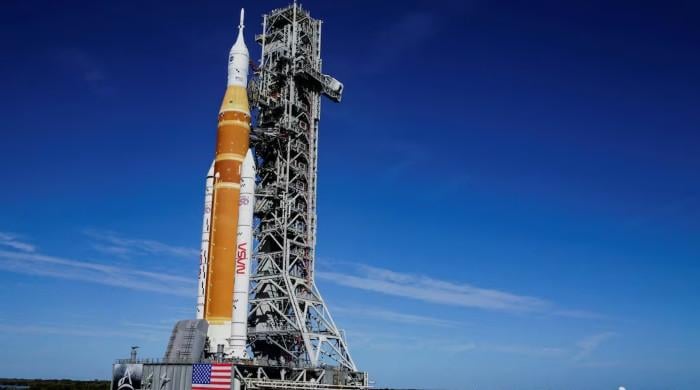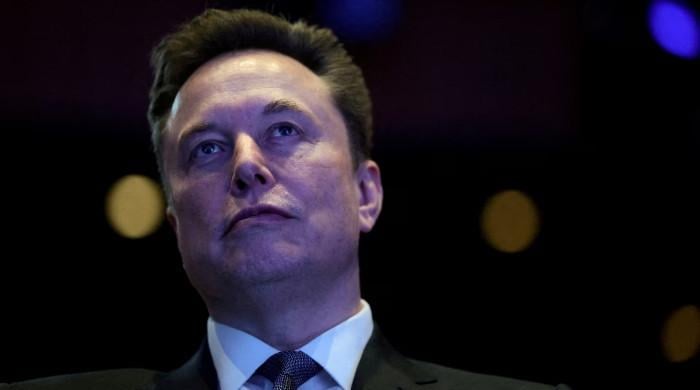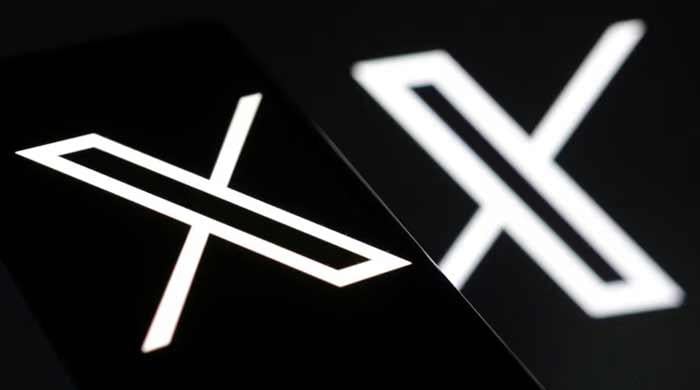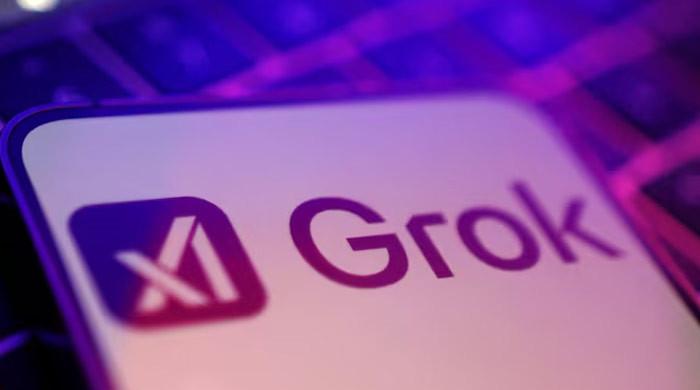Nobel chemistry prize 2024 goes to trio of protein pioneers
Baker, Hassabis and Jumper awarded Nobel prize for work on building blocks of life
October 09, 2024
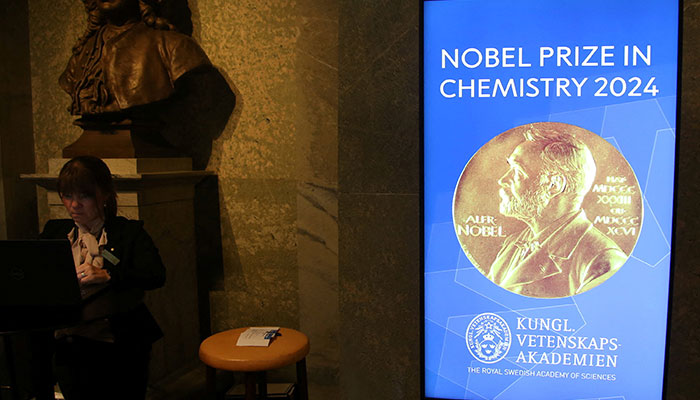
STOCKHOLM: US Scientists David Baker and John Jumper and Briton Demis Hassabis won the 2024 Nobel Prize in Chemistry on Wednesday for work on decoding the structure of proteins and creating new ones, yielding advances in areas such as drug development.
Half the prize was awarded to Baker "for computational protein design" while the other half was shared by Hassabis and Jumper "for protein structure prediction", said the Royal Swedish Academy of Sciences, which makes the award.
Baker, 62, is a professor at the University of Washington, in Seattle, while Hassabis, 48, is CEO of Google DeepMind, the AI research subsidiary of Google, where Jumper, 39, also works as senior research scientist.
Hassabis and Jumper utilised artificial intelligence to predict the structure of almost all known proteins, while Baker learned how to master life's building blocks and create entirely new proteins, the award-giving body said.
"It's totally surreal to be honest, quite overwhelming," Hassabis told Reuters, thanking DeepMind and Google, and his colleague Jumper.
"David Baker, we've got to know in the last few years, and he's done some absolutely seminal work in protein design," he said. "So it's really, really exciting to receive the prize with both of them."
The award is the second this week given for work involving artificial intelligence, underscoring the growing importance of machine learning and large language models for science.
"That's always been my passion, but [...] it's like any powerful general-purpose technology, it can be used for harm as well if put in the wrong hands and used for the wrong ends," Hassabis said.
Spectacular new proteins
Baker said he was asleep when the phone rang and he got the announcement.
"Then my wife began screaming very loudly so I couldn't really hear very well," Baker said by phone to the press conference announcing the prize.
"I'm really excited about all the ways in which protein design makes the world a better place in health, medicine and really, outside technology," he said.
In 2003, Baker was able to use amino acids, often described as life's building blocks, to design a new protein that was unlike any existing one, the academy said.
That opened the door to the rapid creation of different proteins for uses in areas such as pharmaceuticals, vaccines, nanomaterials and even tiny sensors.
In 2020, Hassabis and Jumper presented an AI model called "AlphaFold2".
With its help, they have been able to predict the structure of virtually all the 200 million proteins that researchers have identified, the academy said.






